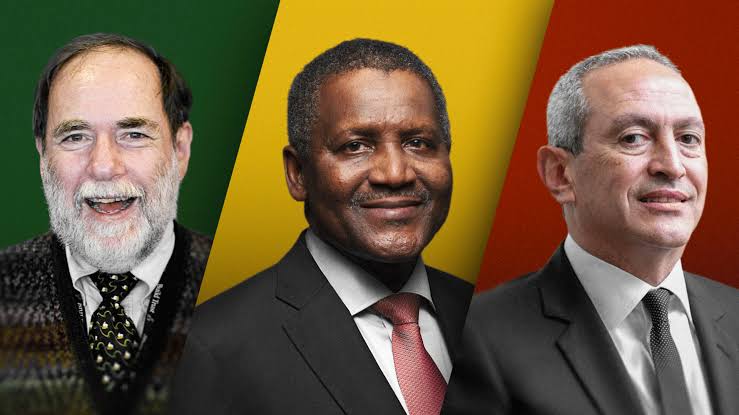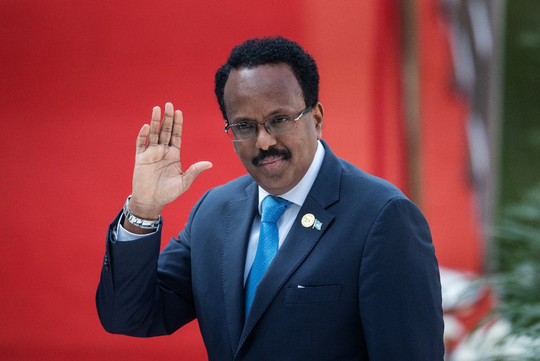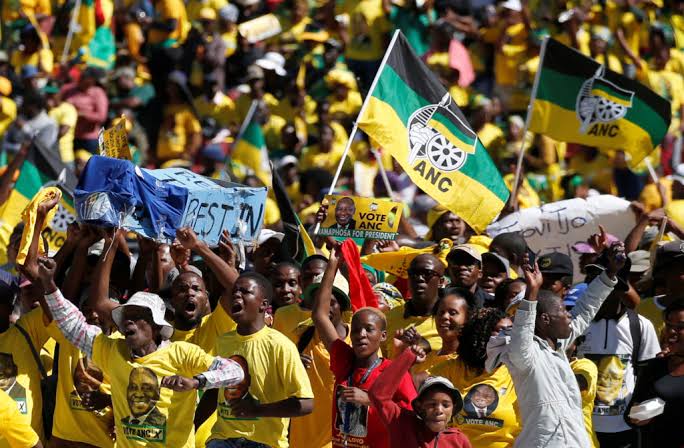
Faith Nyasuguta
Over the past decade, the wealth of the world’s five richest billionaires has more than doubled, while a staggering 60% of the global population has experienced a decline in prosperity, according to a recent report by Oxfam focusing on inequality and global corporate power.
Oxfam, a long-time advocate for addressing extreme inequality, warns that the alarming disparities observed in recent years risk becoming the new norm. The machinery of corporate and monopoly power operates consistently, contributing to the widening wealth gap.
Fati N’zi-Hassane, the Director of Oxfam in Africa, highlights the urgent need to address this issue, emphasizing that unchecked corporate power will only exacerbate inequality. He urges governments to take decisive action to prevent further exploitation of workers, tax avoidance, and environmental degradation by corporations.
The report sheds light on wealth inequality in Africa’s largest economies. In Nigeria, Aliko Dangote, Africa’s richest individual, is noted for holding a “near-monopoly” on cement. His company, Dangote Cement, boasts some of the highest global profit margins for cement (45%) while maintaining a remarkably low tax rate of 1% over 15 years.
Dangote’s wealth surpasses that of the bottom half of Nigerians (109 million people). Meanwhile, Dangote and the second richest individual, Abdulsamad Rabiu, have seen their fortunes grow by 29% since 2020, further exacerbating the wealth disparity.
In South Africa, the combined wealth of billionaires has increased by one-third since 2020, contrasting sharply with a decline in wealth for the bottom 99% of the population. The top four billionaires in the country possess as much wealth as the bottom 60% of the population (36 million people).
Kenya faces a similar wealth divide, with the richest 125 individuals possessing over double the wealth of the bottom half of the population (27 million people). The top 1% in Kenya controls a substantial 57.6% of the country’s total financial wealth.
Zimbabwe, while having only one billionaire, has witnessed a nearly 40% growth in his fortune since 2020.
N’zi-Hassane stresses that African governments have the tools to create a more equitable continent. The key lies in enforcing regulations to counter resource exploitation, breaking up monopolies, imposing taxes on the super-rich, and redirecting these resources toward policies that address inequality.

Tijani Hamza Ahmed, the acting Country Director of Oxfam in Nigeria, proposes a tax of up to 5% on Africa’s super-rich, estimating that this could generate an annual sum of $11.9 billion.
This amount is almost sufficient to cover the humanitarian requirements for Eastern and Southern Africa in 2023. Ahmed also advocates for transparency in the granting of tax incentives, calling for the establishment of a public-accessible dashboard to track data on these incentives.
RELATED:




